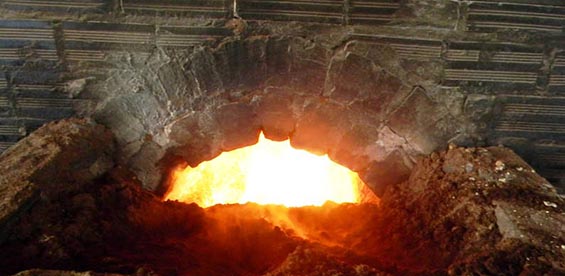The project activity involves Cenol and Telha Forte Ceramics, which are two small and prototypical ceramic industries that produce structural ceramic devices such as bricks. These devices are destined for the local market in São Miguel do Guamá, in the state of Pará.
The ceramic pieces produced in Cenol and Telha Forte ceramics obey the ABNT norms. The fuel that is employed in the baseline scenario to cook the ceramic devices was native wood from the Amazonian biome.
The Amazonian Biome has a diversity of fauna and flora in a region of approximately 7 million km². Nowadays, the uncontrolled deforestation is breaking up the firm land forest. Without necessary care, entire regions of fauna and old centres of species have the risk to disappear forever.
IMPACTS
Environmental
- Minimizing the negative impacts of the deforestation of the Amazonian biome by discouraging the exploitation of the area through limiting the interested parties in acquiring the proper legal documents for the commercialization of the native fire wood.
- Reduction of greenhouse gases emissions, through substitution of native wood for sawdust and açaí pits, which may be replaced by elephant grass and rice husk, for thermal energy generation. This fuel exchange could only be feasible when considering the carbon credits incomes, since the adaptation of kilns to the new biomasses and the purchase of new equipments required considerable investments.
Social
- Participation in the Ceramists Union and in the Workers Union, and there were no strikes recorded over the last twelve months
- Stimulation of local cultural through donations to local associations, such as “ASDEC” (Association for Cultural Development of Carimbó Group).
- Improving its health and safety procedures through an Internal Commission for Accident Prevention (called CIPA) that: Conducts periodic medical and clinical exams; and offers trainings to workers about health and safety practices.
- Technical trainings with to employees, when diverse alterations in the productive process have been introduced, for encountering the adequate temperature for firing the new biomasses.
More information:



